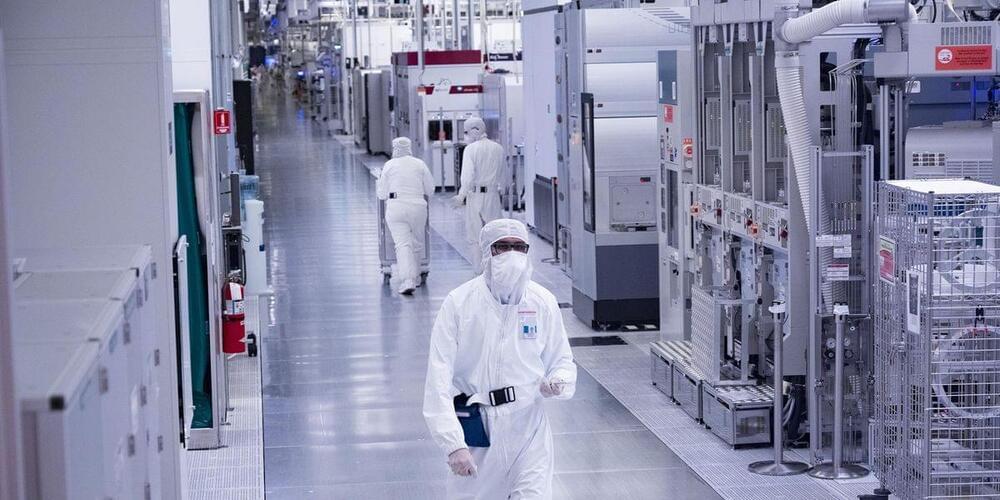That could change though, because Samsung and IBM have announced a partnership in which both companies are working together to develop new battery tech that could allow our smartphones to run for an entire week on a single charge.
This comes in the form of a new chip architecture that could potentially reduce the amount of energy consumed by as much as 85% called Vertical-Transport Nanosheet Field Effect Transistor (VTFET). As the name suggests, this new design will allow signals to travel across the chip vertically by stacking transistors on top of each other.
As a result, this could allow phones to perform just as well as they do right now, but with massive gains in energy efficiency. Alternatively, this design would also allow phones to improve on its performance by as much as 100% compared to modern FET alternatives.







